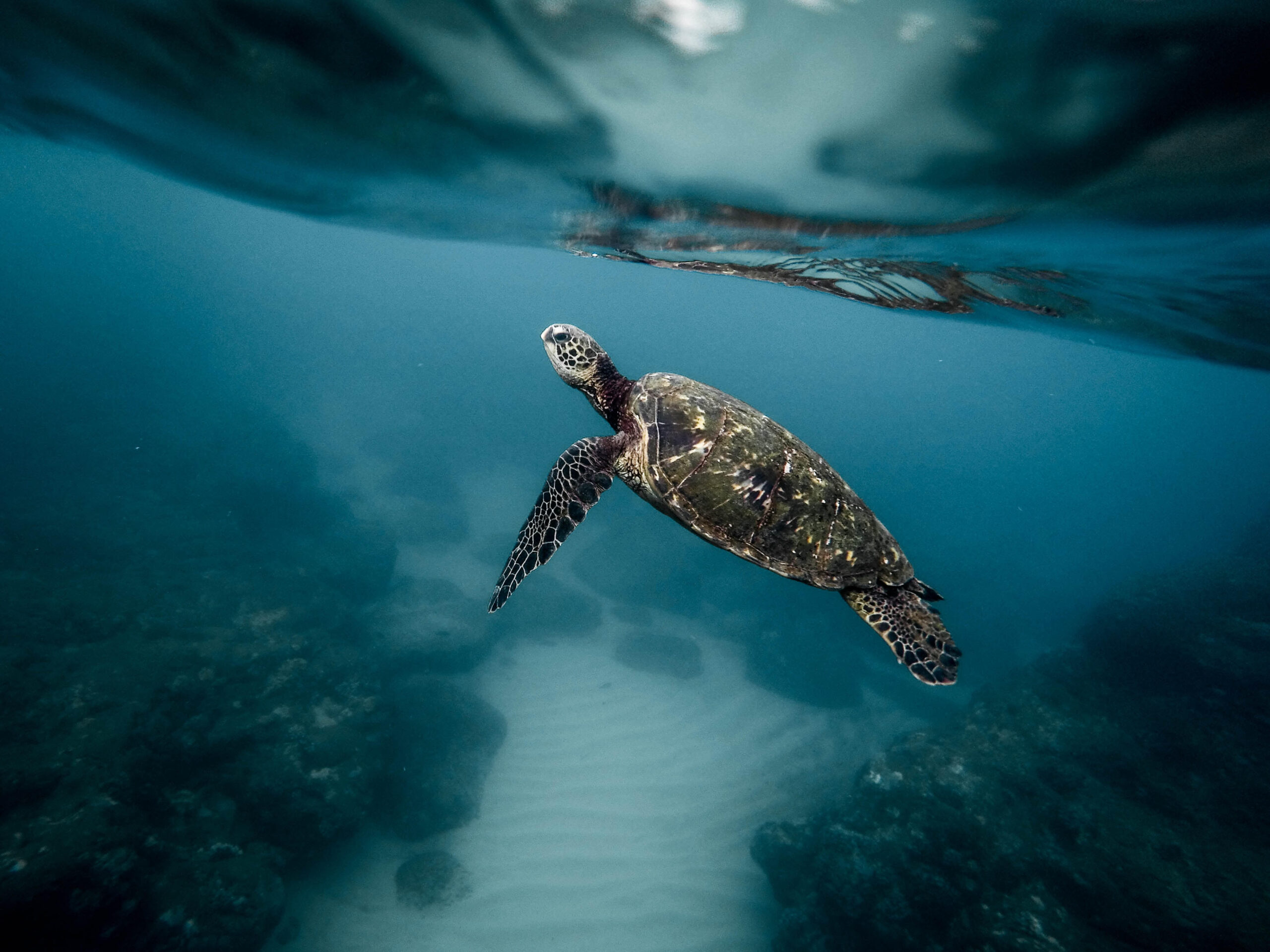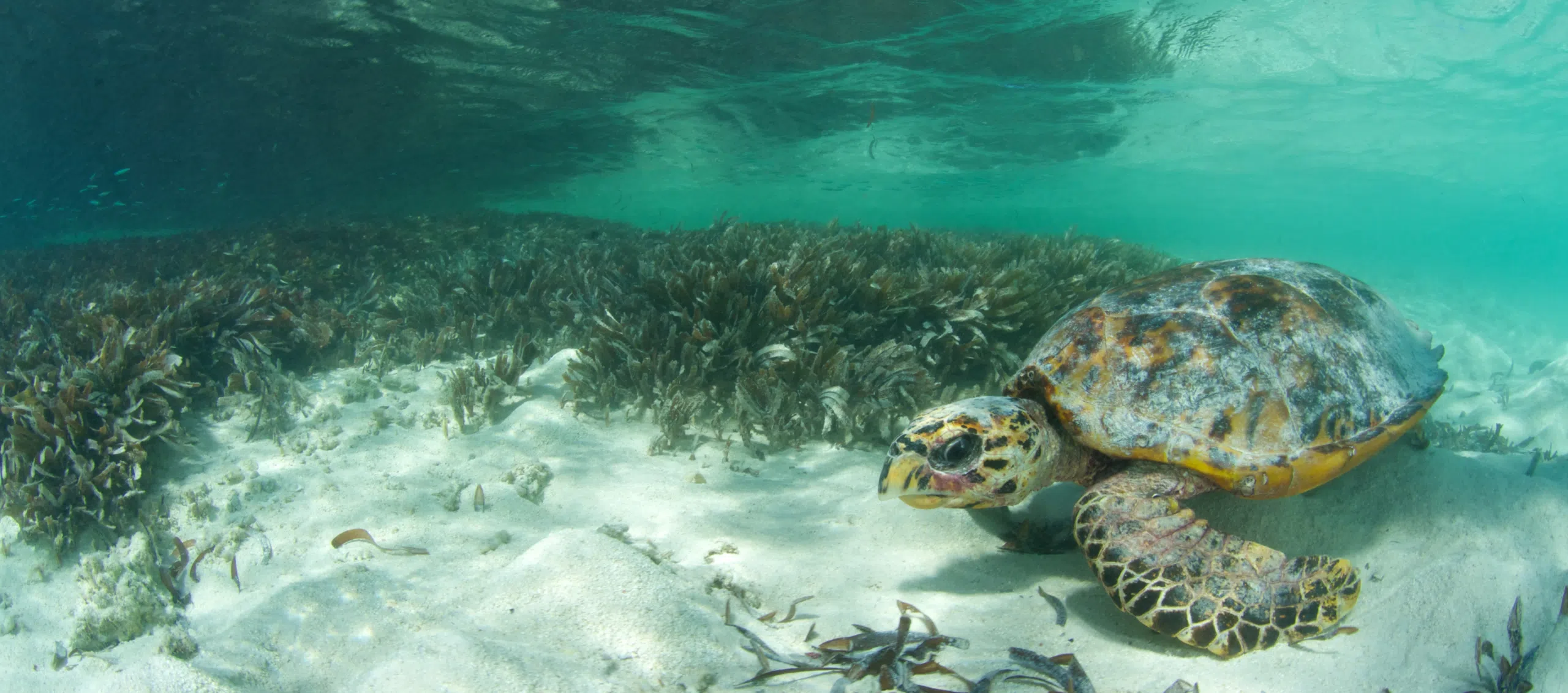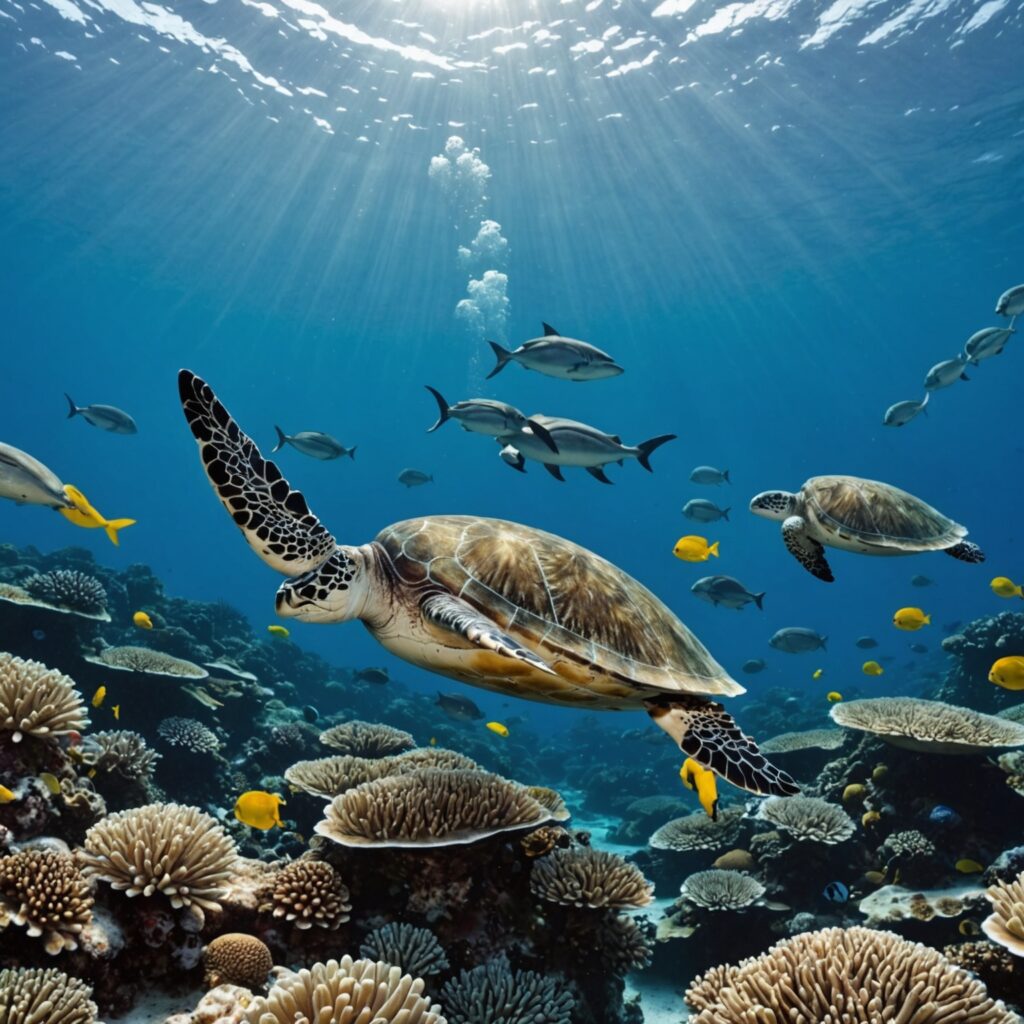The preservation of marine ecosystems is essential to maintain the ecological balance and biodiversity of our blue planet. However, these ecosystems face many challenges, ranging from plastic pollution to theexcessive exploitation of marine resources. Faced with these threats, it is crucial to adopt concrete and lasting actions. By reimagining a blue economy responsible, by protecting marine areas, and reducing greenhouse gas emissions, everyone can contribute to safeguarding the magic of these unique environments. The objective is to involve society through simple and effective actions to ensure a healthy future for the oceans.

Marine ecosystems are essential not only for the biodiversity they shelter, but also for the ecological balance of our planet. Today, these wonderful environments face countless threats, from plastic waste to overfishing to climate change. For their preservation, it is crucial to implement concrete solutions such as pollution reduction, sustainable resource management and the protection of marine areas. In this article, we will explore the current challenges and actions needed to safeguard the splendor of our oceans.
Table of Contents
ToggleMajor challenges in preserving marine ecosystems
The oceans face a multitude of environmental problems. One of the major challenges is the plastic pollution, which pollutes waters and threatens marine life. When we know that millions of tons of plastic end up in the oceans each year, the urgency of reducing this pollution is imperative. At the same time, thehuman activity at sea also causes chemical and physical pollution, contributing to the degradation of marine ecosystems.
There overfishing represents another colossal challenge. It leads to an imbalance in fish populations, disrupting food chains and ecosystems. Add to this the impacts of climate change, which causes ocean acidification and warming of waters, thus threatening the survival of many marine species.
Solutions to protect marine biodiversity
Faced with these challenges, it is redemptive to turn to lasting solutions. The first step consists of reduce pollution in all its forms. This includes initiatives to minimize the production of plastic waste and encourage its recycling. It is also crucial to limit greenhouse gas emissions, in order to slow down global warming and its harmful effects on the oceans.
There sustainable management of marine resources is also essential. This means establishing and enforcing fishing quotas so as not to overexploit fish stocks. Furthermore, the transformation ofblue economy is a promising solution. It advocates responsible maritime activity, which respects the environment while meeting human needs.
Concrete initiatives for the preservation of the ocean
An effective way to preserve marine ecosystems is the creation of marine protected areas. These areas, where human activities are limited, allow species to reproduce and ecosystems to regenerate. Concerted planning is essential to ensure that these protected areas fully play their role.
Raising public awareness is another crucial step. By opting for a sustainable food and reducing its carbon footprint, each individual can contribute to protecting the oceans. Small daily actions, such as disposing of waste correctly or participating in beach clean-ups, can have a significant impact on the protection of our precious marine ecosystems.
Finally, technological advances and scientific research play a major role in preserving the oceans. Projects linked to marine renewable energies, for example, must be developed in such a way as to respect the marine balance while contributing to the reduction of polluting emissions.










